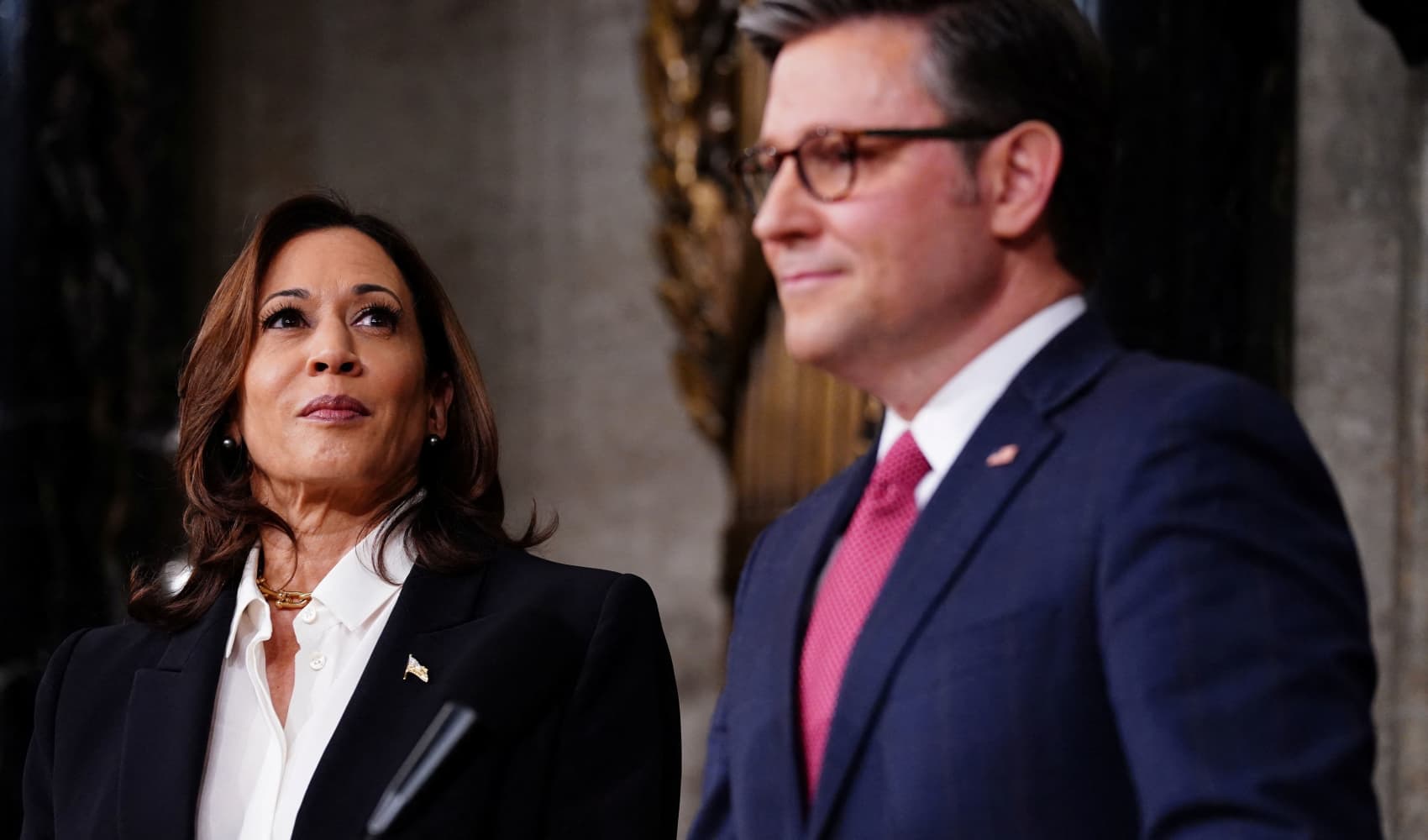
- Amazon was expected to prevent Brits from using a Visa-issued credit card on its platform from Jan. 19.
- In a statement Monday, the firm said the change "will no longer take place."
- The move was interpreted by experts as a way for Amazon to get some bargaining power over Visa to lower its fees.
LONDON — Amazon has scrapped plans to stop accepting Visa credit cards in the U.K.
The e-commerce giant was expected to prevent Brits from using a Visa-issued credit card on its platform from Jan. 19. But in a statement Monday, the firm said the change "will no longer take place."
"We are working closely with Visa on a potential solution that will enable customers to continue using their Visa credit cards on Amazon.co.uk," an Amazon spokesperson told CNBC by email.
The Hurricane season is on. Our meteorologists are ready. Sign up for the NBC 6 Weather newsletter to get the latest forecast in your inbox.
Amazon initially made the shock announcement in November, citing "high fees Visa charges for processing credit card transactions." Visa at the time said it was "very disappointed" in the move and would work toward a resolution with Amazon.
The two companies have locked horns in the past, with Amazon announcing plans to introduce a 0.5% surcharge on Visa credit cards in Australia and Singapore last year.
It's not yet clear why Amazon made the U-turn on its plan to ditch Visa credit cards in the U.K., nor whether the decision is final or temporary.
Money Report
"Amazon customers can continue to use Visa cards on Amazon.co.uk after January 19 while we work closely together to reach an agreement," a Visa spokesperson told CNBC by email.
Following Brexit, Visa and rival payment processor Mastercard have hiked interchange fees, the cut they take on digital transactions between the U.K. and European Union. Card networks were allowed to raise their charges after an EU cap on interchange fees ceased to apply in Britain.
However, Amazon and Visa say the dispute is not related to the U.K.'s withdrawal from the EU. Instead, the move was interpreted by experts as a way for Amazon to get some bargaining power over Visa to lower its fees.
David Ritter, a financial services strategist at IT firm CI&T, said the about-face from Amazon "comes as no surprise." He argues the move would have proven difficult given that customers' Visa credit cards may be tied to digital wallets like Apple Pay, Google Pay and PayPal, as well as Amazon's own Prime subscription service.
"Amazon is a retail giant so it has some leverage, but there's no way it won't accept Visa cards," said Ritter. "It's more likely that Amazon has been applying pressure tactics. Major players in the retail space tend to have bespoke rates with payment firms, rather than paying published rates. The move by Amazon is likely a way to negotiate a longer-term agreement on rates, or even to push for a freeze to its current rates."
Amazon is not the only company complaining of the high costs associated with major card networks — another notable example was grocery chain Kroger, which temporarily banned Visa credit cards at a number of its stores.
Meanwhile, Visa and Mastercard are facing growing pressure from financial technology upstarts like Klarna and Afterpay, which offer "buy now, pay later" services that let shoppers split the cost of their purchases over a period of monthly installments.
"This latest twist in the saga certainly shows the power of the Amazon brand," said Roger De'Ath, head of U.K. at fintech start-up TrueLayer. "Irrespective of the final decision or the solution offered, its initial announcement has now pushed the debate around card fees for merchants into the mainstream."






